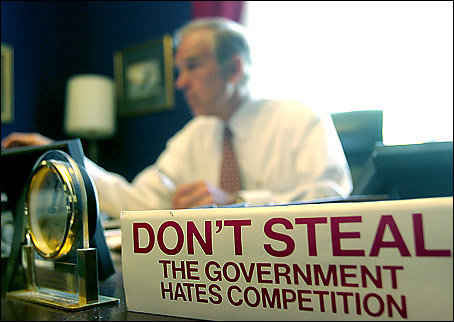Went to see what was going on with the protests
at Syntagma Square in front of the Greek Parliament...
To be brief, it was upsetting. There was an understandable
anger towards the politicians, but absolutely no clear ideas
on what they would prefer. Yes, a referendum might get rid
of these particular people... but without changing attitudes
and the system, there is nothing to say that the next people
put in power will be any better!
Worst of all, there weren't any plans to actually solve their
problems. As one sign said: "You've got the disease, we've
got the solution: Revolution!" Other protesters were demanding
to keep their inflated wages, without any consideration to
where that money is to come from. It was far worse than even
UK Uncut, because at least in England crisis may seem intangible,
where as here you cannot even pretend it's not there.
In any case, watch some of the footage from the
demonstrations that I put together:
Nationalism vs. Sanity
12 years ago





